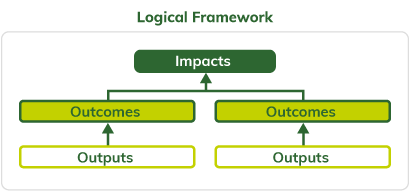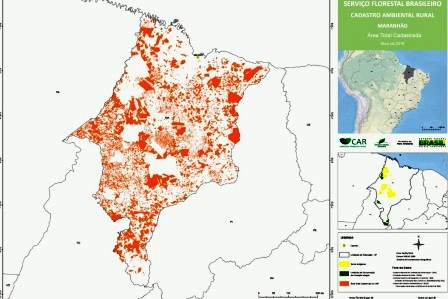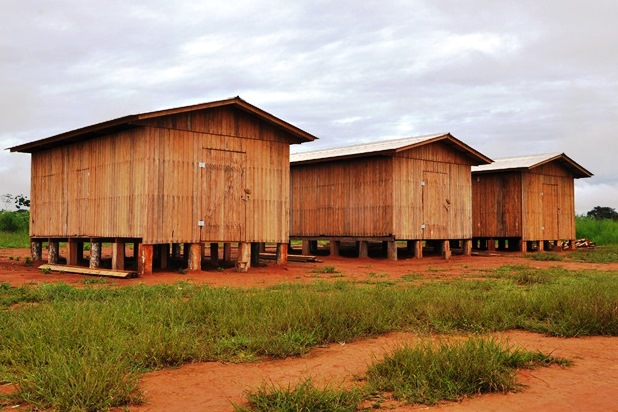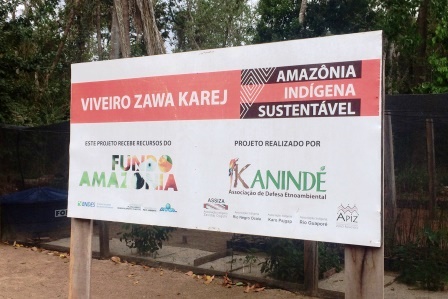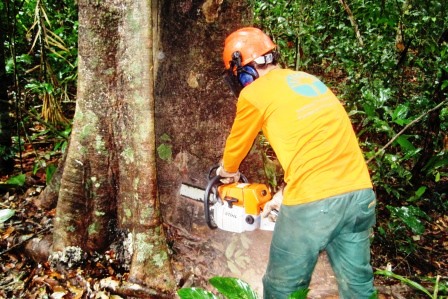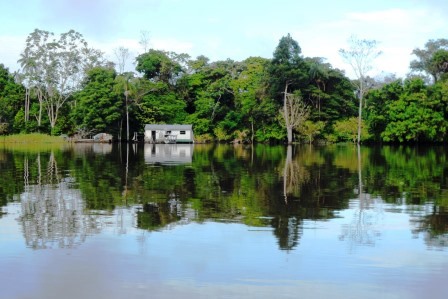Objective
Strengthening sustainable economic activities through a public call for the selection of small projects and actions to be directly undertaken by the Beneficiary
Beneficiary
Traditional communities, indigenous people and family farmers
Territorial scope
Alenquer, Almeirim, Aveiro, Belterra, Juruti, Mojuí dos Campos, Monte Alegre, Óbidos, Oriximiná and Santarém; Itaituba, Jacareacanga, Novo Progresso, Rurópolis and Trairão; Altamira, Anapu, Brasil Novo, Gurupá, Medicilândia, Pacajá, Placas, Porto de Moz, São Félix do Xingu and Uruará; Abaetetuba, Igarapé Miri, Acará, Baião, Cachoeira do Piriá, Cametá, Capitão Poço, Irituia, Mãe do Rio, Mocajuba, Moju, Ourém, Santa Isabel, Santa Luzia do Pará, São Miguel do Guamá and Viseu (PA) Cáceres, Poconé, Nossa Senhora Livramento, Chapada dos Guimaraes, Cuiabá and Jangada (MT)


